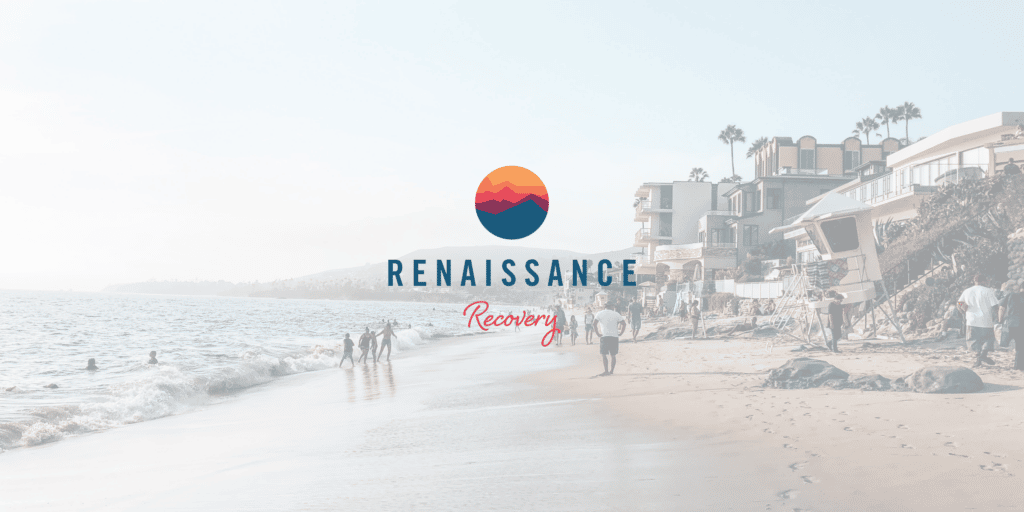30-day rehab programs provide intensive treatment for people struggling with alcohol use disorder or substance use disorder.
Longer periods of rehabilitation might be associated with more favorable treatment outcomes, but many people find short-term 28-day or 30-day rehab programs helps kickstart their recovery.
Need help getting addiction treatment?
A 30-day drug rehab or alcohol rehab sometimes precedes additional care, perhaps in an outpatient setting. Month-long rehabilitation programs can also be effective in a standalone capacity for some milder addictions.
What to Expect at 30-Day Rehab
A reputable addiction treatment center will utilize evidence-based medical and behavioral interventions, helping you to tackle both the psychological and physical components of addiction.
30-day rehab programs can be categorized as follows:
- 30-day inpatient rehab
- 30-day PHP (partial hospitalization program)
Both of these programs provide intensive therapy for alcoholism or drug addiction. With residential rehab, you live full-time at the treatment facility, while a PHP allows you to return home or to a sober living home between therapy sessions.
The most common 30-day rehabs take the form of full-time programs at inpatient treatment facilities. You will attend individual and group counseling sessions, and you will also engage with psychotherapy (talk therapies like CBT (cognitive behavioral therapy) and DBT (dialectical behavior therapy). You can also receive FDA-approved medications to help streamline your recovery if appropriate.
During 30-day residential rehab, you will benefit from a community-based therapeutic environment, living, eating, and relaxing with peers going through broadly similar experiences. In addition to research-backed therapies, most modern rehabs also provide a variety of holistic therapies for whole-body healing.

This type of short-term residential rehab program accounts for 9.6% of all rehab admissions in the United States, according to SAMHSA (the Substance Abuse and Mental Health Services Administration). These programs range from 14 to 30 days. Among those completing treatment, the average stay is 26 days.
With a partial hospitalization program, you will have access to the same services and therapies as you would find in residential rehab.
The hospitalization aspect involves attending weekday therapy sessions at a treatment. This is deemed partial as you will return home after therapy rather than remaining at the rehab facility.
Most PHPs provide between 4 and 8 hours of intensive treatment daily, mirroring the treatment you would receive at an inpatient rehab.
Although these programs are often referred to as 30-day rehabs, many PHPs last just 2 to 3 weeks due to the intensity of the program.
You can find all of the service settings and therapies associated with month-long rehab in other forms of treatment programs. The key difference between 30-day rehab, 60-day rehab, 90-day rehab, and other types of treatment is the length of time and the intensity of the treatment offered, with less time spent on recreation and more time devoted to actively unpacking your addiction.
What Happens During a 30-Day Rehab?
As outlined, a 30-day rehab will unfold in one of two settings: inpatient or outpatient. The fundamental difference is that you attend an outpatient program at a rehab purely for intensive therapy sessions, returning home at the end of the day. 30-day inpatient programs still deliver intensive treatment, but with more time built into the day for holistic therapies, relaxation techniques, and downtime for journaling or reflection.
The twin benefits of a PHP are affordability and flexibility. Many people have personal or professional commitments making it challenging to take a month away at a treatment facility.
To strengthen your chances of initiating sustained recovery with a PHP, you will need a home environment free of triggers for substance abuse. If you have a strong and supportive social network in place, you will get the chance to implement what you learn in therapy in a real world setting that same day. With residential rehab, by contrast, you remain in the cocoon of the treatment center for the duration of the program.
All addictions are unique, and the best addiction treatment is personalized. That said, a treatment program will typically draw from the following evidence-based therapies:
- Medication-assisted treatment: For both alcohol use disorder and opioid use disorder, MAT can be highly effective. Medications can help alleviate the most intense withdrawal symptoms, while also reducing the cravings you experience for alcohol or drugs. Medication-assisted treatment is deployed in tandem with psychotherapy.
- Psychotherapy: Psychotherapy is informally known as talk therapy. CBT and DBT are the most common forms of psychotherapy used to treat both addiction and mental health disorders. Your therapist will help you to confidently identify what triggers you to use substances. You will then learn how to implement healthier coping strategies when confronted with life’s stressors. Over time, you will learn to become your own therapist.
- Counseling: Individual counseling lets you probe the specifics of your addiction, while group counseling can provide powerful peer support and exposure to different viewpoints.
- Family therapy: Addiction is a family disease and invariably brings about problems in interpersonal relationships. With the help of a neutral intermediary, you can start repairing unraveled relationships as you ease into your recovery.
By the time you complete a 30-day rehab program, you should be ready to step down to a less intensive level of care or to transition back into daily living.

Going to Rehab at Renaissance Recovery
At Renaissance Recovery Center, we specialize in the outpatient treatment of addiction to alcohol, drugs, or prescription medications. For anyone with a co-occurring mental health condition, we also provide integrated dual diagnosis treatment.
Our IOPs (intensive outpatient programs) or PHPs (partial hospitalization programs) make the best fit for those looking to engage with a 30-day rehab program. The only difference between these two outpatient programs is the weekly time commitment required. An IOP at Renaissance involves up to 15 hours of treatment each week, while a PHP is a full-time month-long program with 30 to 35 hours of therapy provided per week.
We appreciate that not everyone is able to access a treatment center, so we also offer virtual outpatient treatment here at Renaissance.
All of our treatment programs offer you access to a full suite of evidence-based treatment for addiction. Both alcohol use disorder and opioid use disorder respond favorably to medication-assisted treatment (MAT). MAT is always most effective when delivered in combination with psychotherapy like cognitive behavioral therapy (CBT) and counseling, both individual and group.
To maximize your chances of sustained recovery, your treatment team will ensure you have appropriate aftercare and a relapse prevention strategy in place when you complete your 3-day rehab.
Reclaim your life from addiction today by reaching out to Renaissance at 866.330.9449.



